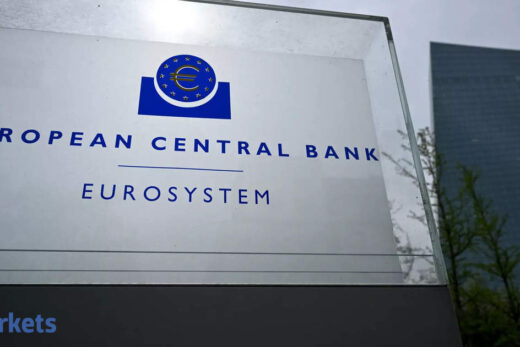The Maharashtra state government has already imposed a curfew after 8 pm and could impose a stricter lockdown later this week after seeing the largest single day spike in cases on Sunday. In a report on Tuesday ICICI Securities said investor confidence could be shaken if Covid cases continue to accelerate leading to a broad based disruption. “If prolonged for some more time with broadbased disruption risk, can shake investor sentiment and lead to some interim correction,” ICICI Securities said.
The brokerage has highlighted risks emerging for AU Small Finance Bank and
which have a high proportion of loans to small enterprises and micro finance. The brokerage also has flagged risks for Yes Bank which is still undergoing a clean up after a government backed, State Bank of India led bail out a year ago. “We tweak our coverage universe target prices by 2-4% to factor in these interim risks,” ICICI Securities said.
The brokerage favours HDFC Bank and Kotak Mahindra Bank both of whom are trading at a premium to their historical average. Banking collections have come back to pre Covid levels led by a recovery in economic activity and prospects of better growth. However a second round of severe lockdown or restrictions in economic activity could hurt the nascent rebound. Hard hit sectors like hospitality, tourism, micro enterprises and aviation could be impacted negatively by the resurgance in Covid.
ICICI Securities said that though banks have adequate liquidity and capital buffers it had built in a higher credit cost for the next fiscal begining in April. The brokerage estimates that currently, banks are carrying cumulative provisioning buffer of 2 to 5% of advances which seems sufficient to take care of the stress pool of 4-8%. “We do not foresee any sharp revision in our credit cost estimates; we have already conservatively built-in higher credit cost for FY22E as well.
Given capital, cost and operating efficiencies, and government’s thrust on reviving growth, visibility continues on medium and long term growth and return on equity outlook,” ICICI Securities said. ICICI Securities has assumed a cumulative slippage run rate of 4 to 7% for the current and next fiscal and credit cost of 3 to 6% over the same years.



